Software improves AI, automation flexibility
Control Engineering
SEPTEMBER 5, 2022
Manufacturers are dealing with a flexibility gap, which is the range between viable small batch manufacturing and high-volume automation. Software-based artificial intelligence (AI) can enhance existing robots to deal with variances in real-time and give them needed flexibility on the plant floor. Learning Objectives.

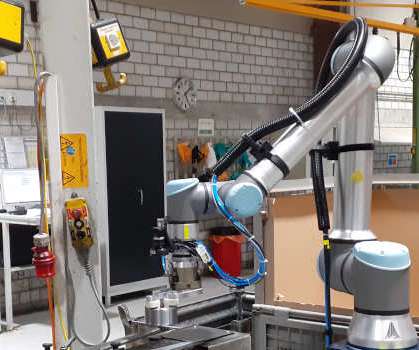
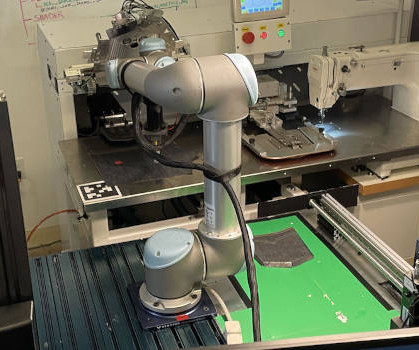
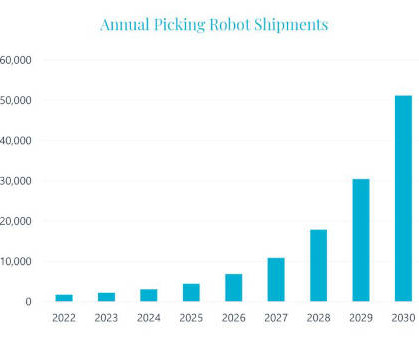
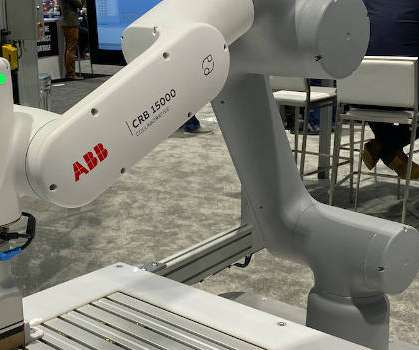
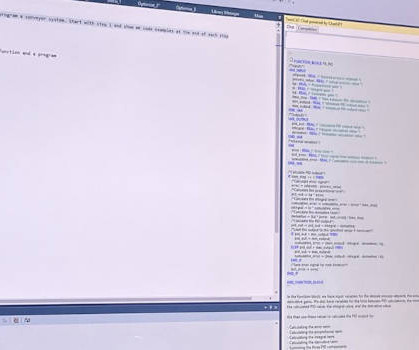
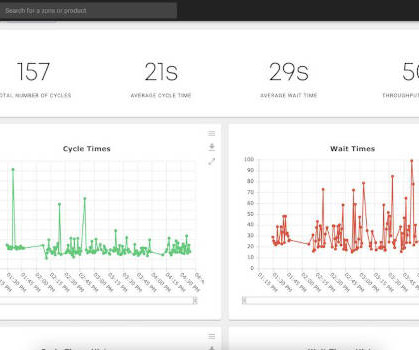
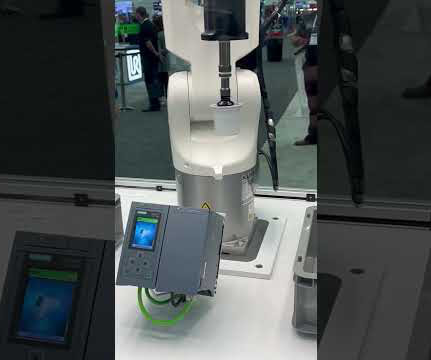






Let's personalize your content